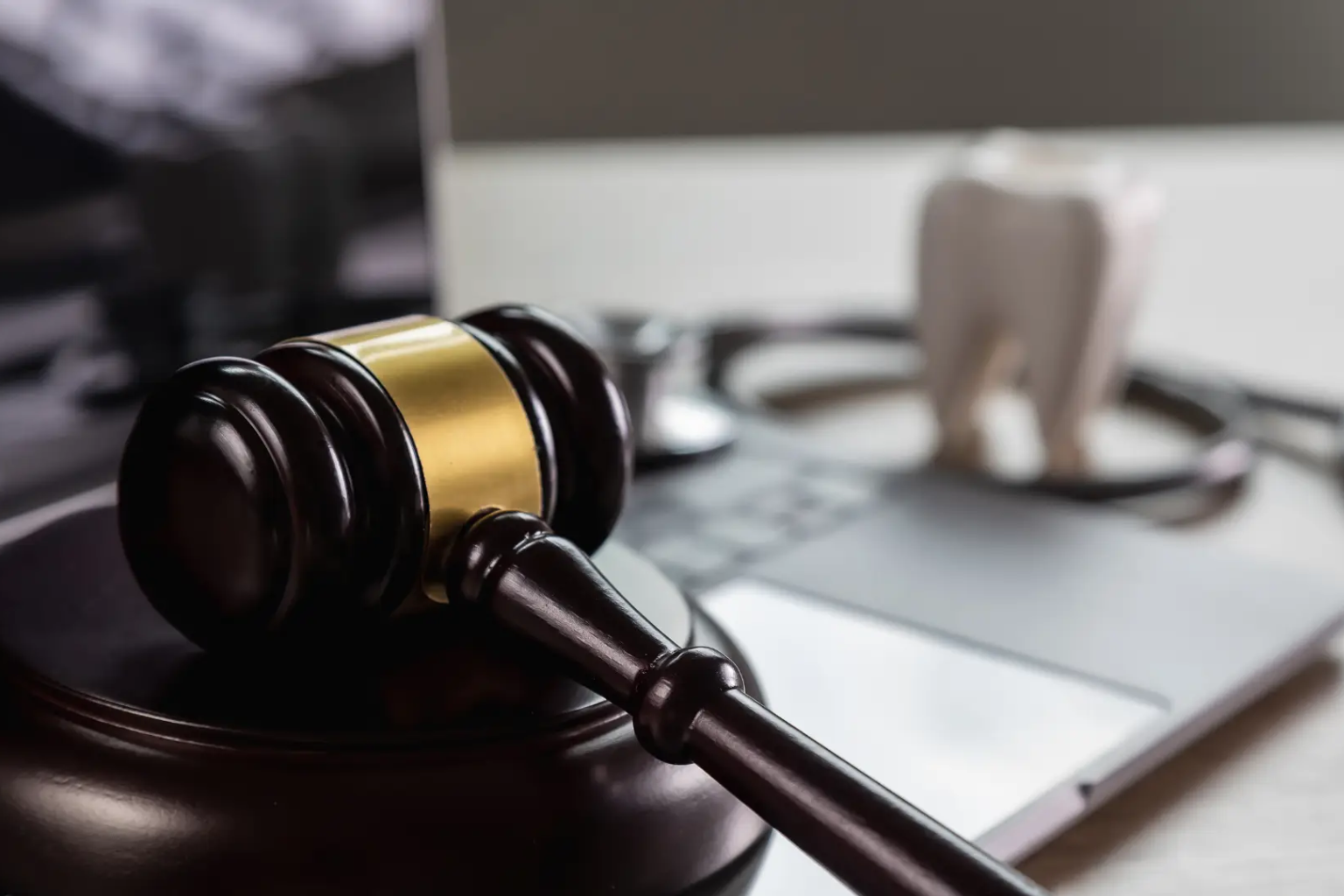The Truth in the Charts: How Medical Expert Witnesses Bring Clarity to the Courtroom

In a perfect world, medical care would always go smoothly. Every diagnosis would be spot-on. Every treatment, timely. But we don’t live in that world. People make mistakes—sometimes small, sometimes devastating. And when those mistakes happen in healthcare, the consequences aren’t just frustrating. They can be life-changing.
That’s when the courtroom enters the picture. But courts aren’t hospitals, and juries aren’t doctors. So who explains what should have happened, what didn’t, and why it matters?
Enter the medical expert witness—the bridge between medicine and the law.
When Medical Facts Become Legal Battles
Healthcare lawsuits are different from most others. You’re not just arguing about contracts or property. You’re unpacking medical records, treatment protocols, timelines, and outcomes. Often, you’re trying to answer questions like: Was this harm avoidable? Did the provider follow the standard of care? Was the patient warned of risks?
None of those can be answered with gut feelings. They require professional insight from someone who’s been in the trenches of patient care.
That’s what makes medical expert witnesses so vital. They aren’t there to play lawyer. They’re there to tell the story behind the stethoscope—what happened, what should’ve happened, and what that means for the case at hand.
What Does a Medical Expert Witness Do?
First and foremost, they review the facts. That means scouring over every line of a patient’s chart, analyzing lab reports, prescriptions, progress notes, and more. They build a timeline. They assess decisions. They consider context.
But most importantly—they compare the care provided to the standard of care. That’s the key phrase in malpractice and negligence cases. It’s not about perfection. It’s about whether a competent medical professional would’ve acted the same way under similar circumstances.
Once their evaluation is complete, the expert prepares a report. That document might be used to support a legal claim or rebut one. And if the case goes to trial, the expert may testify, helping the court understand complex medical language in plain, clear terms.
Their testimony can be the moment everything clicks for a jury.
The Role of a Medical Negligence Expert Witness
Now, when the focus of a case is specifically on whether a provider failed in their duties—not through intent, but through oversight or poor judgment—a different level of nuance is needed. That’s where a medical negligence expert witness comes in.
Negligence isn’t always obvious. It could be a missed diagnosis, a delay in treatment, or failure to act on abnormal lab results. It might even be something as subtle as not ordering a test when a red flag was clearly present. In these cases, context is everything.
A negligence expert carefully evaluates the “should haves” and “should not haves.” They can explain how a small lapse—a misread scan, a poorly timed medication—had cascading effects.
And they do so not to lay blame, but to bring understanding. That understanding helps courts decide whether the harm was truly preventable or just an unfortunate outcome of an inherently risky situation.
Medical Malpractice Witnesses: When Errors Turn Into Tragedy
While negligence might involve more gray areas, malpractice usually suggests more serious missteps. Think wrong-site surgeries, medication overdoses, or egregious errors in judgment. These are the kinds of cases where a medical malpractice witness is essential.
Malpractice witnesses are often called in high-stakes situations—when patients have suffered significant harm or even death. Their testimony is crucial in identifying whether what occurred crosses the line from bad outcome to medical wrongdoing.
They’re often seasoned professionals—doctors with years of clinical experience and the ability to speak confidently under pressure. But what sets them apart isn’t just their resume. It’s their ability to walk into a courtroom and help everyone there—judge, jury, attorney—truly understand what went wrong.
And here’s the bolded truth: Whether you’re relying on a medical expert witness, medical negligence expert witness, medical malpractice witness, you’re asking for clarity—not opinion, not bias, just informed and objective clarity.
Not Just Testimony—But Insight That Shapes Cases
The impact of a strong medical expert isn’t just felt at trial. Often, it’s behind the scenes where they have the greatest effect.
Their evaluation might lead a law firm to accept a case—or turn one down. They might uncover new angles the legal team hadn’t considered. And in many cases, their report becomes the foundation for a settlement, sparing everyone the stress and cost of a trial.
They also help level the playing field. Because let’s be honest—not all plaintiffs are medical experts. And not all jurors understand the inner workings of a hospital. But when a good witness explains a complex concept in a simple way? That’s when justice becomes possible.
What Makes a Great Medical Witness?
Not all doctors or nurses make great witnesses. You need someone who’s more than smart—you need someone who can teach. Who can stay cool under fire. Who doesn’t get rattled by aggressive questioning. And who—above all—remains honest and fair, even when the facts are uncomfortable.
Look for:
- Experience in the relevant specialty
- An active or recent clinical practice
- Strong communication skills
- A reputation for integrity
- Experience with legal processes and court testimony
And let’s not forget humility. A good witness knows what they know—and just as importantly, knows what they don’t.
Final Thoughts: Truth, Explained Clearly
When medicine ends up in court, things get complicated fast. But expert medical witnesses don’t just show up with facts—they bring understanding. They help make sense of confusing records. They untangle timelines. They explain what doctors did—and what they should’ve done differently.
In the end, their job isn’t to sway a jury with emotion. It’s to educate. To enlighten. To tell the truth, without drama.
Because in a courtroom full of opinions, charts, and legal theory, sometimes the most powerful thing you can offer… is clarity backed by clinical truth.
Leave a Reply
You must be logged in to post a comment.


Leave a Comment